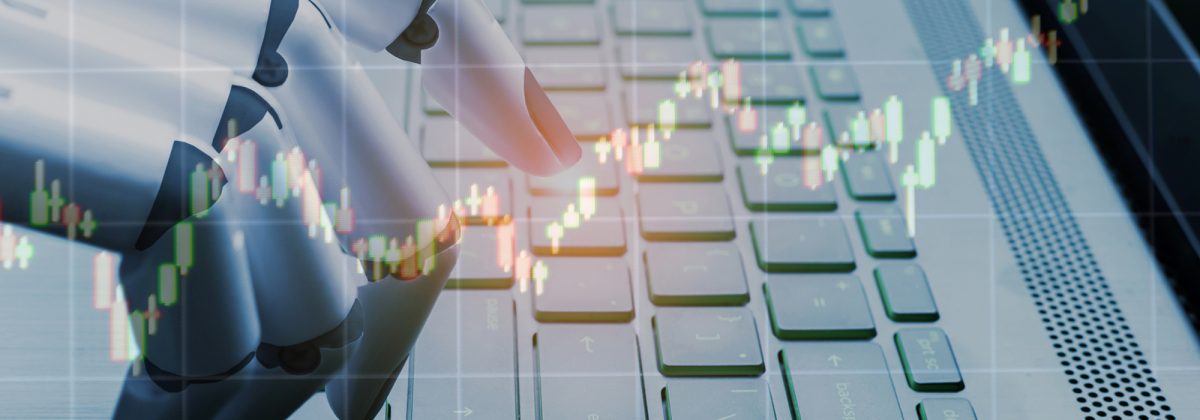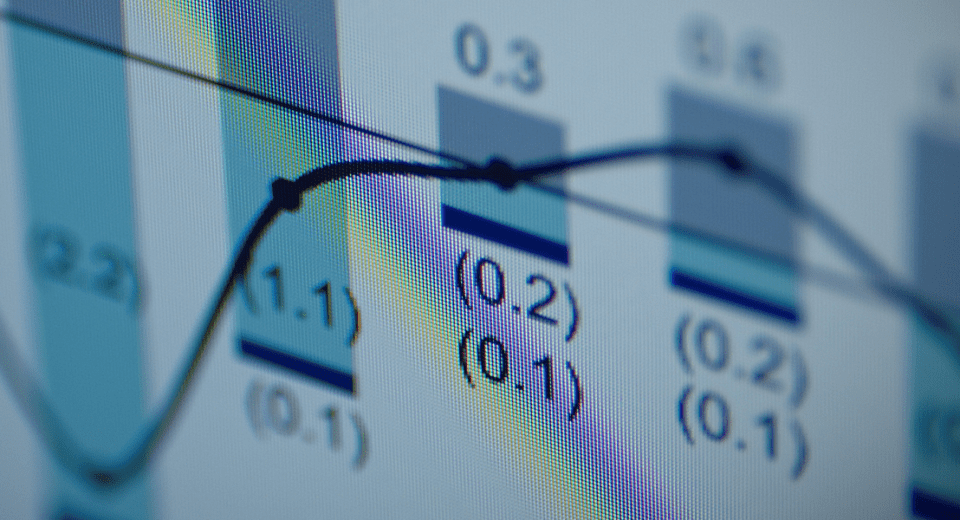From manual, telephonic orders to automated trading systems, the world of forex trading has indeed come a long way. Specialised computer programmes and software now generate trading signals through mathematical algorithms, helping traders bring in efficiency and discipline into their trading. Known as forex trading robots or “Expert Advisors” (EAs), they are helpful in removing human bias or emotions from trading activities.
EAs can not only provide signals to place a trade, they can also enter into specific trades on the trader’s behalf. Forex robots might offer a huge amount of flexibility to traders to automate their trading strategies, while they pay attention to in-depth market research or testing new strategies.
They are available for purchase over the internet, but not all of them are as effective as they sound. Most of them are not suitable for all market conditions and many cannot deal with sudden market changes. This is why there is no substitute for thorough research before applying any tools, even EAs, in live market strategies.
How to Forex Robots Work?
The MetaTrader 4 platform is one of the most preferred systems for employing trading robots or EAs. These robots use a variety of technical indicators and custom scripts to derive trading signals and then make trading moves without the need for the trader’s intervention. A strategy can simply be programmed into an EA, or a forex EA generator can be used to create a new one. This is facilitated through the use of a dynamic programming language called MQL4 or Metaquotes Language v.4. The MT4 platform has a huge marketplace, where customised indicators and best performing robots can be purchased and sold.
Most Expert Advisors will generate “sell” and “buy” signals, after assessing the current price action and evaluating whether they meet the programmed parametres. Although they come with default settings, these parametres can be adjusted to suit a trader’s trading style, risk appetite, capital adequacy and other preferences.
Some of these tools can scan numerous as well as complicated charts and help find suitable entry and exit points during unstable market conditions, where the trend direction is not easily noticeable. They can be equipped with pre-determined take profit levels too, which help stop trades immediately when the markets take a turn in an unfavourable direction. Pre-calculated stop-loss levels can also help in efficient risk management. Moreover, EAs help eliminate risks associated with greed, fear, over-confidence and other emotions.
Developing a Forex Robot
Both MQL4 and MQL5 are highly practical and simple programming languages to code new EAs. If one can master these languages, it is easy to identify a strategy and then embed it in a trading robot.
Currently, there are forex EA generators or EA Builders that can help traders create automated trading strategies, even without knowledge of the programming language. Alternatively, traders could hire programmers to create these robots for them. They just need to provide the trading parametres, and the tools will be delivered to them.
As mentioned above, the MT4 Marketplace has a huge collection of EAs, which can be bought online. It is important to note that the free EAs are usually not as efficient.
Limitations of Forex Trading Robots
If the right trading robot becomes accessible, there could be huge benefits for a trader. Identifying a winning strategy and then being able to make it mechanically repetitive 24/7 could ease trading.
But, it is important to understand that most trading robots operate within a range. They make certain amount of pips inside this tight range, and regularly set a few pip targets. Some may not even use stop-loss and continue making profits. These will be deemed successful, as long as they continue making small gains in each trade, even if only a few. But, in choppy market conditions, the profit making will be slower. Previous profits may even get wiped out in unexpected moves. They cannot formulate strategies on their own and are, therefore, unable to adapt to new market conditions.
Experts often speak about data-mining biases in forex robots. This refers to the process of choosing the best back-testing result of a forex robot, and presenting that to a prospective purchaser. These systems are termed successful, based on their performance over one specific data-set, rather than testing them through multiple market cycles.
So, to check the actual efficacy of a forex robot, it is a good idea to study the pros and cons of each tool, while also reading online reviews and testimonials. The functionality of forex robots is restricted to how they were initially programmed, along with the past performance data used. They cannot keep up with the changes in the financial world on their own.
It requires much experience and market knowledge to delve into automated trading strategies; not to mention the need to learn programming languages as well. Despite that, even the most experienced and successful traders do not solely rely on EAs. They use these robots along with other technical indicators and strategies. The most successful EAs work well with continuous human involvement.
Making the Right Decision
Here are some factors to consider if you are interested in purchasing a forex trading robot:
Back-testing is not a Good Indicator of Profitability
Robots can be easily “curve-fit” or over-optimised to suit the available data. Back-tests are not actual reflections of trading in the live markets. System latency and slippage can alter the effectiveness of a trading robot.
Consider Live Trading Statements Instead of Demo Accounts
Trade execution speed can vary in demo accounts, which can affect profitability, even if the price feed remains the same. Ask for live trading statements and check if these reflect only a few successful sessions or weeks.
Avoid Robots That Have Smaller Take Profits
If there is very little difference between wins and losses, small changes in slippage and execution speed can hugely impact profitability. Therefore, it might be useful to avoid robots that have a win-loss ratio greater than 80%. To sustain such high win-loss ratios, traders might have to bear losses for extended periods, before they start making a profit.
The currency market is always in a state of flux. A trading robot that has been performing considerably well doesn’t guarantee future wins. Evaluate their performance regularly.
Reference Links





